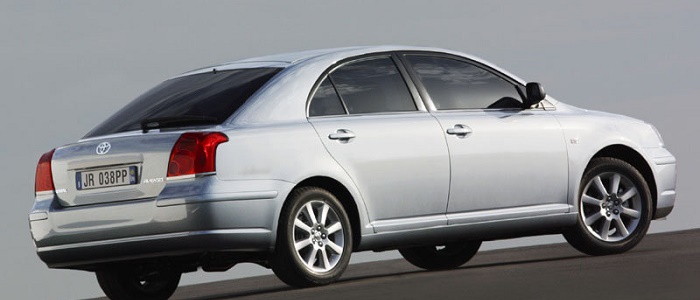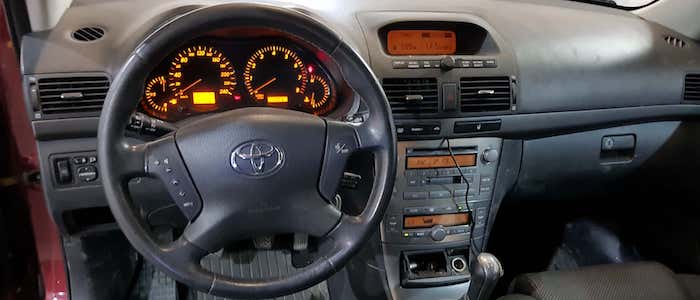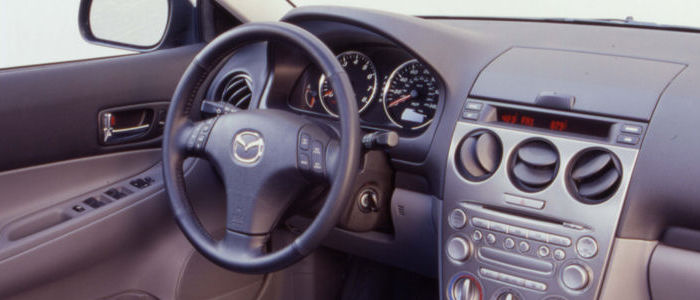Compare two cars
Compare any two cars and get our Virtual Adviser™ opinion
Dimensons & Outlines
Check vehicle history
Engine
Performance (manual gearbox)
Performance (automatic gearbox)
Expenses
Virtual Adviser's™ opinion
Well, these are two pretty similar cars we have here! It's only details that could potentially make the difference. Considering they both belong to the large family car segment and utilize the same 5-door hatchback body style and the front wheel drive system, it all comes up to the specific petrol engine choice they offer. The first one has a Toyota-engineered powertrain under the hood, a 4-cylinder, 16-valves 150hp unit, while the other one gets its power and torque from a 4-cylinder, 16-valves 145hp engine designed by Mazda.
SafetyBoth vehicles got tested by European New Car Assessment Programme (Euro NCAP), with the Toyota being a slightly better choice apparently. Moving further on, let's take a closer look at some additional safety-related facts. Both vehicles belong to the large family car segment, which is generally a good thing safety-wise, still it doesn't help us solve our dilemma, does it? Furthermore, taking kerb weight as an important factor into account, Avensis offers a marginal difference of 3% more metal.
ReliabilityReliability is not the best thing to consider on the make level, but it is worth mentioning that both brands display similar results in faults and breakdowns, when all the models are taken into account. These are the results of an independent reasearch, while our visitors describe reliability of Toyota with an average rating of 4.6, and models under the Mazda badge with 4.4 out of 5. Independent research findings rank Avensis as average reliability-wise, and 6 is more or less at the same level.Above it all, drivers of cars with the same engine as Avensis rank it on average as 4.6, while the one under the competitor's bonnet gets 4.2 out of 5.
Performance & Fuel economyToyota is a bit more agile, reaching 100km/h in 0.5 seconds less than its competitor. In addition to that it accelerates all the way to 210 kilometers per hour, 4km/h more than the other car. When it comes to fuel economy things look pretty much the same for both cars, averaging around 8.3 liters of fuel per 100 kilometers (34 mpg), in combined cycle.
Verdict
Toyota appears just a bit more reliable, although the difference is truly marginal. The most important thing when deciding between any two vehicles should always be safety, both passive and active. In my opinion, everything taken into account, Avensis offers much better overall protection, which launches it ahead of the other contender. It all continues in the same direction, with Toyota being considerably quicker, thus putting more smile on driver's face. To make things even better, it consumps less fuel! All together, there's not much more to say, in this case I wouldn't even consider anything but Toyota. Anyway, that's the most objective conclusion I could've came up with and it's based solely on the information found on this website. Aspects such as design, practicality, brand value and driving experience are there for you to measure them out. I suggest you spend two more minutes in order to find out which car, based on your needs and budget, would be picked by the virtual adviser™, out of 12.000+ vehicles we currently have in our database.
































